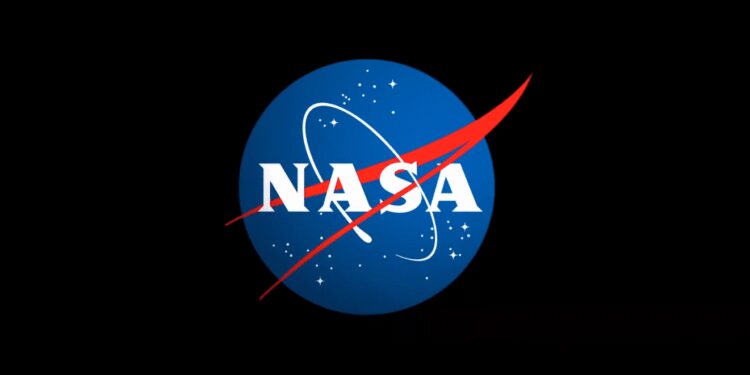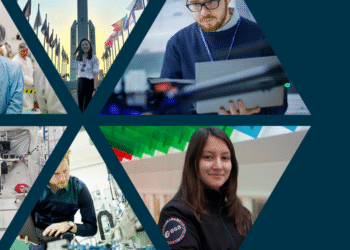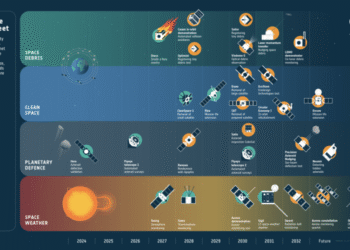NASA has awarded the Contract for Organizing Spaceflight Mission Operations and Systems (COSMOS) to ASCEND Aerospace & Technology of Cape Canaveral, Florida, to deliver comprehensive flight operations support at the agency’s Johnson Space Center in Houston. The single-award, indefinite-delivery/indefinite-quantity agreement is valued at $1.8 billion, with a five-year base period beginning no earlier than Dec. 1 and two option periods that could extend performance through 2034. ASCEND is a joint venture with The Aerodyne Company and Jacobs Technology Company.
The agency’s announcement is available here: NASA COSMOS contract award.
Contract overview
The COSMOS contract consolidates mission operations and systems support for human spaceflight at Johnson Space Center. As a single-award IDIQ vehicle, NASA can issue task orders as needs evolve across current and future missions, enabling flexible, performance-based delivery while maintaining continuity of operations.
Scope of work
According to NASA, services under COSMOS will cover key elements that underpin crewed mission readiness and execution:
- Mission Control Center systems engineering, integration, and sustainment
- Training systems development and maintenance
- High-fidelity mockup and simulation environments
- Training for astronauts, instructors, and flight controllers
Programs supported
COSMOS will support NASA’s Flight Operations Directorate, including operations for:
- Orion spacecraft
- Space Launch System (SLS)
- International Space Station (ISS)
- Commercial Crew Program
- The Artemis campaign
Timeline and structure
The base period of performance will begin no earlier than Dec. 1. Two additional option periods could extend the contract into 2034. The IDIQ structure allows NASA to issue discrete task orders for mission support, training, systems upgrades, and facility sustainment aligned with evolving program milestones.
Significance for U.S. human spaceflight
COSMOS is intended to ensure uninterrupted mission operations and training across low Earth orbit and deep space initiatives. By centralizing Mission Control systems support and crew training infrastructure, NASA aims to maintain critical readiness for ISS expedition operations while scaling capabilities for upcoming Artemis missions that will test and expand deep-space operations.
The award positions the ASCEND joint venture to integrate systems, simulators, and procedures that connect crew training, ground operations, and flight execution. This alignment is expected to support higher mission tempo, introduce incremental technology refresh in control rooms and simulators, and streamline cross-program coordination across Orion, SLS, Commercial Crew, and ISS operations.
For more details, read NASA’s release: official announcement.






















